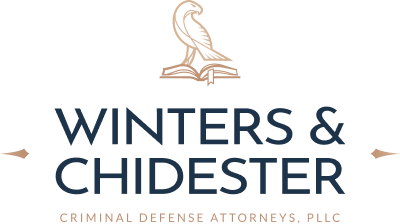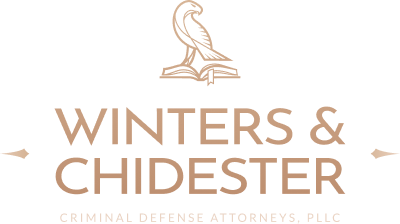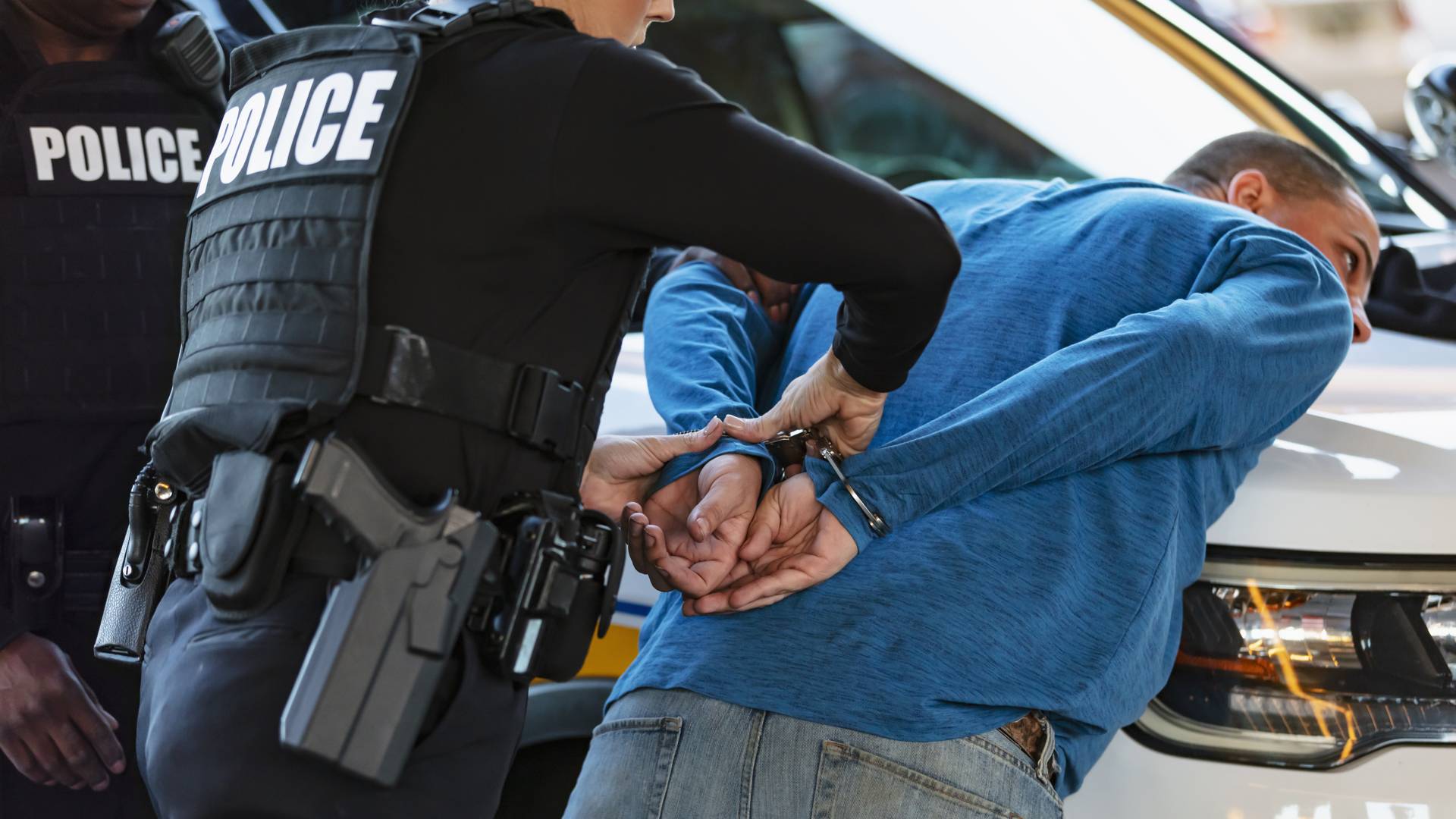If you are facing a drug charge in Georgetown, Texas, the situation becomes especially challenging if the offense allegedly happened in a drug-free zone. State law creates stiffer penalties for accused individuals when law enforcement claims the conduct took place near schools, parks, or other designated areas around children.
Many defendants feel confused about which locations count as drug-free zones, how prosecutors determine boundaries, and what steps to take if charged. Clear information and early legal guidance can make a major difference in how your case unfolds and your future choices.
What Does a Drug-Free Zone Mean Under Texas Law in Georgetown?
Under Texas law, a drug-free zone is any area where the state aims to shield children and vulnerable groups from drug-related activity. Texas Health & Safety Code § 481.134 lays out these zones, including the grounds of schools, playgrounds, public pools, city parks, recreation centers, arcades, and youth centers. In Georgetown, these statutes are actively enforced, sending a strong message that the community prioritizes the safety of its youth and families.
The boundaries for drug-free zones are usually strict and extend beyond what many people expect. For schools, playgrounds, and youth centers, the law applies within 1,000 feet of the property lines. For video arcades or public swimming pools, a 300-foot radius typically applies. This means that drug possession, distribution, or manufacturing could be charged with enhanced penalties even if the alleged activity took place outdoors or on an adjacent street—so long as it fell within the measured boundary.
Most importantly, Texas prosecutors do not have to prove you knew you were in a drug-free zone. The focus is on where the alleged crime took place, not what you intended or were aware of at the time. This makes it critical to understand the exact definitions and how these boundaries are applied in practice within Williamson County and Georgetown in particular.
How Do Charges & Penalties Change for Drug Offenses in Drug-Free Zones?
The penalties for drug crimes in a Georgetown drug-free zone are substantially higher than for similar charges elsewhere in the city. Texas law automatically enhances the severity level of the offense by one degree. For example, a third-degree felony might become a second-degree felony with a much longer potential prison term, increased fines, and greater long-term consequences.
Some key differences when a drug offense takes place in a drug-free zone include:
- Mandatory minimum prison sentences for certain drug charges, including first-time offenses
- Sentences must be served consecutively, not concurrently, with other charges—resulting in longer time in custody
- Significantly larger fines and longer probation or parole timeframes
- Loss of eligibility for some forms of probation, deferred adjudication, or early release
A conviction does not just affect jail time. It can also hurt your employment, housing, and even your ability to obtain federal student aid. These enhanced penalties often guide the entire direction of a case—making early, well-prepared legal intervention a crucial step after any accusation involving a drug-free zone in Georgetown.
How Do Police Measure & Prove Drug-Free Zone Distances?
When a case involves drug-free zone enhancements, law enforcement must show that the alleged conduct took place within the designated boundary. Georgetown police and prosecutors typically use GIS mapping, city records, and certified land surveys to plot exact distances. Evidence often includes digital maps and testimony from officials verifying property lines.
Texas law measures the distance “as the crow flies,” meaning a straight line from the edge of the protected property to the location in question. It does not account for how a person actually traveled there or for physical obstacles. Whether the activity happened in a parking lot, apartment, or car, the key factor is whether it falls within the legal radius from the protected site—such as 1,000 feet for schools or 300 feet for arcades.
Defendants have the right to challenge this evidence. Experienced defense attorneys often examine the prosecution's measurement methods for errors, including old property records, faulty map overlays, or unmarked changes in land use. Measurement disputes require detailed scrutiny and can form the core of an effective defense in drug-free zone cases.
What Are the Best Defense Strategies for Georgetown Drug-Free Zone Cases?
Formulating a defense strategy for drug-free zone allegations in Georgetown starts with investigating every aspect of location, timing, and evidence.
At Winters & Chidester, we use our experience as former Texas prosecutors to anticipate how authorities build and pursue these cases. This helps us prepare a response that addresses measurement disputes, evidentiary gaps, and the ways an individual's rights might have been violated during an arrest or search.
One common defense is to challenge the property and mapping records used by police and prosecutors. In some cases, maps may be outdated, boundaries may have changed, or non-public land is included in the distance calculation. If successful, these challenges can sometimes remove the drug-free zone enhancement entirely.
If contesting zone status is not an option, we build a defense based on case-specific details like the type and amount of substance, personal history, and the context of the arrest. By examining every procedural step law enforcement took, we seek to uncover constitutional violations or weak evidence that can be leveraged in negotiations or at trial.
Do Drug-Free Zone Laws Impact Adults & Juveniles Differently?
Both adults and juveniles in Georgetown face drug-free zone enhancements, but how the justice system handles these cases differs sharply based on age. Adults are prosecuted in the criminal courts, where enhanced charges can mean significantly longer terms of incarceration, higher fines, and repercussions that linger for years. A conviction can restrict housing options, employment, and eligibility for public programs and services.
Juvenile offenders—generally those under 17—are usually referred to the juvenile justice system, which emphasizes rehabilitation. However, enhancements still raise the stakes for detention, probation, and placement in secure facilities. In serious scenarios, particularly concerning alleged distribution or large amounts of a controlled substance, prosecutors may seek to certify a juvenile as an adult, exposing them to even harsher penalties.
Families often miss the collateral effects of a drug-free zone case for juveniles, such as school consequences, loss of driver’s license, and a lasting record. At Winters & Chidester, we work closely with families to clarify every possible implication, guiding them through both the legal and practical challenges a young person may encounter after an arrest involving enhanced charges.
Can Drug-Free Zone Penalties Be Negotiated or Reduced?
While Texas law imposes mandatory sentence enhancements for drug-free zone offenses, it’s still possible, in some circumstances, to pursue reductions or alternative outcomes. In many cases, experienced defense attorneys can negotiate with prosecutors based on mitigating factors, weaknesses in the government’s proof, or rehabilitation prospects.
A strong plea negotiation can result in lowered charges, acceptance into treatment programs, or alternatives to incarceration, such as probation and community service.
Having former prosecutors on your legal team matters. At Winters & Chidester, we understand what evidence influences prosecutors and how to present personal background, lack of prior record, or efforts at recovery in the most persuasive way. We carefully review the government’s case to identify gaps or errors in how zone boundaries were documented or how evidence was collected.
Additionally, our team emphasizes documentation and advocacy early in the case, using property records, witness statements, and factual narratives that support leniency. Every case is different, and while no outcome can be guaranteed, engaging counsel promptly offers the best opportunity to negotiate for a better result or mitigate the long-term effects of a conviction tied to a drug-free zone.
What Immediate Steps Should You Take If Charged with a Drug Offense in a Georgetown Drug-Free Zone?
If you are charged with a drug offense in a Georgetown drug-free zone, the choices you make immediately afterward can significantly impact your case. Protecting your rights, preserving evidence, and contacting the right attorney early are essential to defending against these enhanced charges. Here are the key steps to take right away:
- Stay silent: Do not discuss the incident, your location, or any details with police until you have an attorney.
- Document everything: Write down what happened, who was there, the time and place, and any connection you had to the property involved.
- Preserve evidence: Save photos, cell phone records, receipts, and any other materials that help establish your timeline or distance from the alleged drug-free zone.
- Identify witnesses and cameras: List anyone who saw what happened and note any potential surveillance footage that may support your defense.
- Contact a qualified attorney quickly: Reach a defense lawyer with experience in Williamson County drug-free zone cases to challenge enhancements, analyze evidence, and protect your future from the start.
How Can Skilled Legal Counsel Affect Drug-Free Zone Cases in Georgetown?
Legal representation from an attorney versed in both prosecution and defense brings distinct advantages in drug-free zone cases. At Winters & Chidester, our attorneys have served as prosecutors in Texas courts. This background gives clients the benefit of strategies shaped by real insight into how local criminal justice works, how juries respond, and where prosecutors focus during case development.
Our defense team invests significant resources to prepare each case. We consult with experts in mapping, property boundaries, and local protocols to challenge the government’s evidence and ensure no detail is overlooked. Our lawyers work closely with clients and their families, providing honest guidance and tailored advice at every stage. We communicate clearly about legal risks, procedure, and all possible outcomes so clients always know where they stand.
We also offer support in both English and Spanish, making sure that every person confronting drug-free zone charges in Georgetown can access qualified legal help. Our approach favors compassionate, personalized guidance and relentless advocacy—qualities that set our firm apart and that clients count on during challenging times.
Contact us online for a confidential, no-obligation consultation or call at (512) 961-4555. Early action preserves your options and offers your best defense when facing the serious consequences of a drug-free zone charge in Georgetown.




.2510271023103.jpg)

